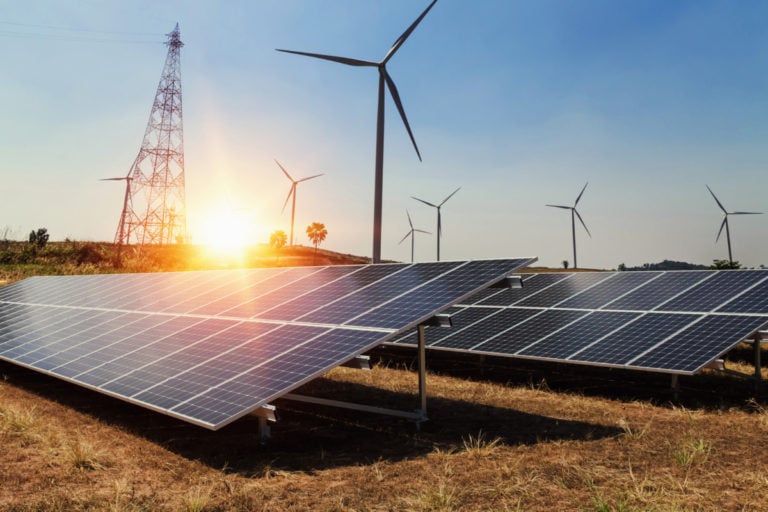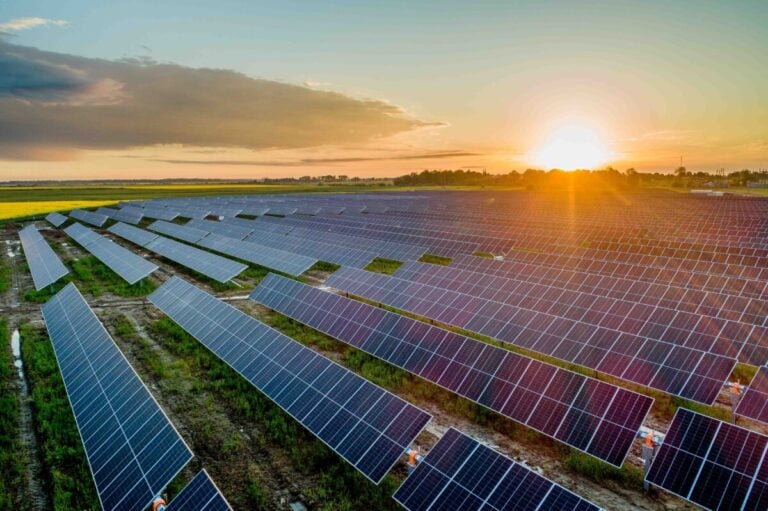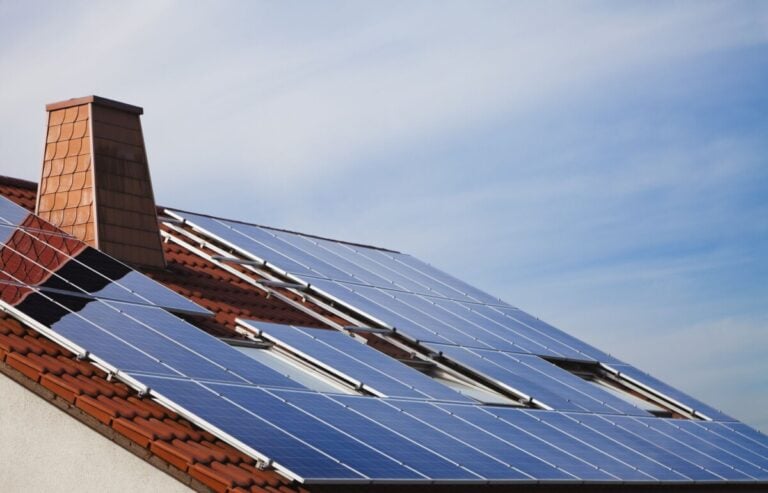Modern technologies are developing rapidly, and innovations are inexorably bringing changes to our daily lives.
One area where significant changes are taking place is energy. One of the key elements of this progress is superconductors – materials that can pass electric current without any loss. In this article, let’s look at which new materials in the world of superconductors demonstrate the potential for efficient energy.
What are superconductors and why are they important?

Traditional conductors used in our daily lives have resistance, which leads to heat loss when transmitting energy. Superconductors, being devoid of this resistance, are capable of transmitting energy over long distances without significant losses, which makes them very promising for many applications.
The discovery of superconductivity and its history
The concept of superconductivity was first proposed in 1911 by the Dutch physicist Heike Kamerlingh Onnes, who discovered that certain materials become superconductors when the temperature is lowered to a certain level. However, the first superconductors were discovered only in 1957 by American scientists John Barden, Leonard Cooper and Robert Schrieffer.
Since then, many superconducting materials have been discovered with varying properties and potential applications. With the development of science and technology, as well as a deepening understanding of the physical principles of superconductivity, scientists have begun to create new materials with improved characteristics, offering new prospects for efficient energy.
Superconducting materials
Superconductor technologies are in active development, and modern researchers are working to create new materials with improved superconducting properties. Let’s look at some of the most promising materials that could become the basis for the efficient energy of the future.
Graphene
Graphene is a single-layer graphite that is a carbon structure in the form of a two-dimensional sheet. It has amazing properties including high electrical conductivity, strength and flexibility. Recent research has found that graphene can exhibit superconductivity under certain conditions.
Zeolites
Zeolites are a class of minerals that have a porous structure and are composed of aluminum, silicon and oxygen atoms. Research has shown that some types of zeolites can exhibit superconducting properties at low temperatures.
Iron selenides and tellurides
These metal compounds with selenium and tellurium exhibit superconductivity at near room temperature, making them potentially significant for creating efficient energy devices.
Zirconium hydride
Zirconium hydride is a compound of zirconium with hydrogen, which under certain conditions becomes a superconductor at high temperatures.
These materials represent just a small portion of the promising superconductors that scientists around the world are working on. Their potential for efficient energy is enormous, and the development of superconductor technologies opens up new opportunities for creating sustainable and efficient energy sources.
Practical application of superconductors in energy
Now that we know about the different superconducting materials, let’s look at how they can be used to improve energy technologies and make our lives more sustainable and environmentally friendly.

Zero loss power systems
The use of superconductors in power systems makes it possible to create energy networks with zero losses. This means that electrical energy can be transmitted over long distances without loss, which is especially important for megacities and remote areas.
Magnetic suspensions and maglev trains
Superconductors are used in maglev and maglev trains, where they create powerful magnetic fields without significant energy losses. This allows us to create environmentally friendly and efficient transport.
Energy batteries
Superconductors can be used in energy batteries to store energy with high efficiency and minimal losses. This allows for more efficient use of renewable energy sources.
Electricity generation
Superconductors can be used to create highly efficient electricity generators, providing stable electricity production with minimal losses.
The future of superconductors in energy
Superconductors are innovative materials that can radically change the energy picture of the world. Through continuous research and development, scientists continue to discover new superconducting materials with improved characteristics.
In the future, superconductors could become the standard for energy systems, providing a sustainable energy supply and reducing negative environmental impacts. But for this it is necessary to continue research, investment and development of new technologies.
Conclusions
Superconductors offer exciting prospects for efficient energy. These innovative materials, capable of conducting electrical current without loss, are already being used in various fields, from transport to energy systems.














